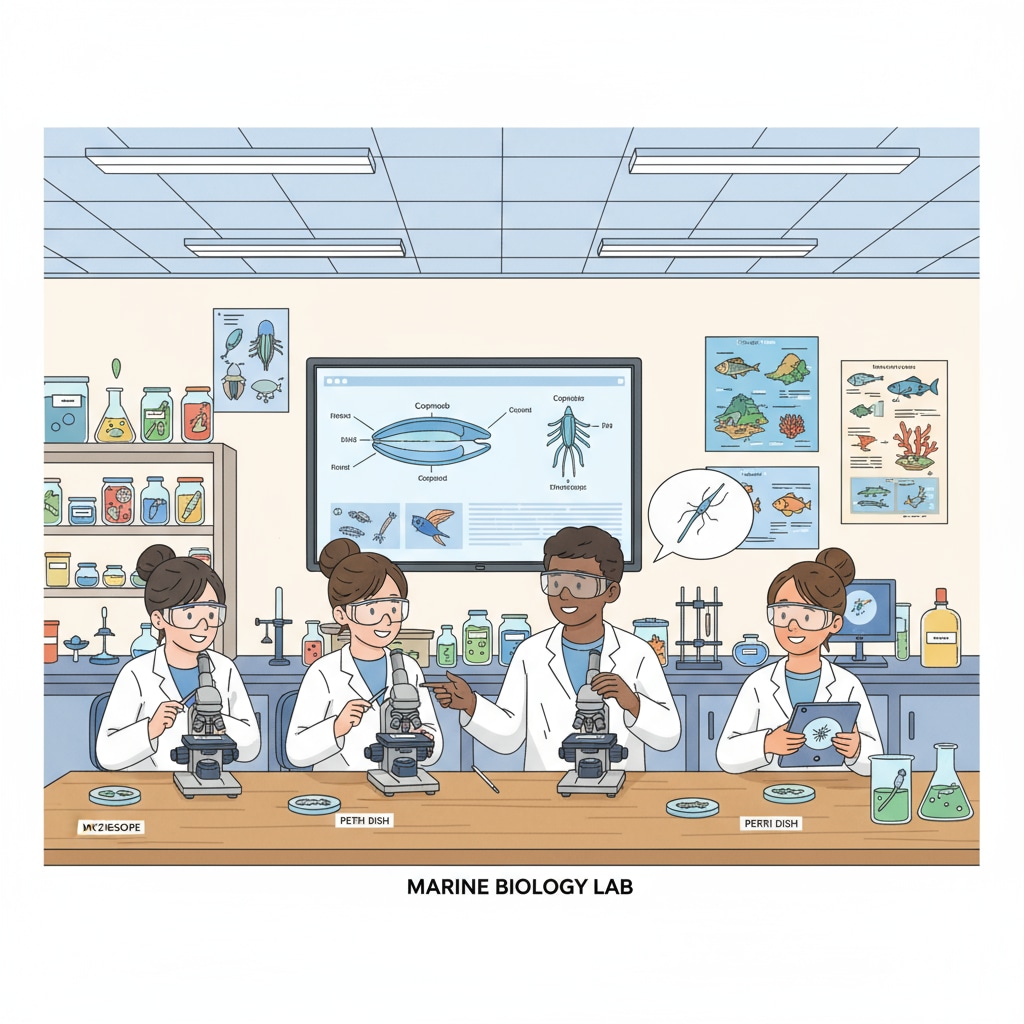Embarking on a journey to pursue a science degree, such as in marine biology or environmental science, without a prior science background may seem like a daunting task. However, with the right approach and dedication, it is entirely feasible. Prior knowledge might be lacking, but that doesn’t mean one cannot succeed in these fascinating fields.

The Initial Hurdles
One of the first challenges non-science students face is the lack of fundamental scientific knowledge. Concepts in biology, chemistry, and physics that are taken for granted by students with a science background can be completely foreign. For example, understanding the basic principles of cell structure in marine biology or chemical reactions in environmental science requires starting from scratch. Additionally, the technical jargon used in these fields can be overwhelming. Terms like “photosynthesis” in marine biology or “biodegradation” in environmental science need to be learned and understood thoroughly. Marine Biology on Wikipedia

Overcoming the Knowledge Gap
To bridge the knowledge gap, non-science students can take preparatory courses. Many universities offer introductory courses in biology, chemistry, and physics that are designed for students with little to no prior knowledge. These courses provide a solid foundation. Another effective strategy is self-study. There are numerous online resources, such as Khan Academy and Coursera, that offer free or affordable courses on basic scientific concepts. By dedicating time to learning these basics, students can gradually catch up with their peers. In addition, forming study groups with fellow students can be beneficial. Discussing and learning from each other helps in clarifying doubts and understanding complex topics. Environmental Science on Britannica
Once students have a grasp of the basic knowledge, they can start focusing on the specific requirements of their chosen degree programs. For marine biology, this might involve understanding the different ecosystems in the ocean, such as coral reefs and deep-sea habitats. In environmental science, it could mean studying environmental policies and sustainable development strategies. With consistent effort and a positive attitude, non-science students can successfully navigate their way through these science degrees and contribute to the fields of marine biology and environmental science.
Readability guidance: This article uses short paragraphs to make it easier to read. The lists and transition words like “however”, “additionally”, and “in addition” help in presenting ideas clearly. Each H2 section has key points to focus on, and the external links provide further information for interested readers.


